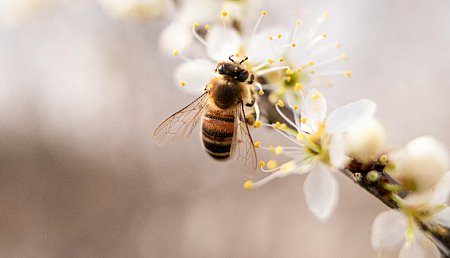 Photo: Mladen Borisov | Unsplash
Photo: Mladen Borisov | Unsplash
All across the US, Indigenous peoples suffer higher rates of mortality than other ethnic groups, largely due to poor diets and other colonial stressors that have completely altered their traditional lifeways. One nonprofit organization in Hawai'i, Malama Waimanalo, is attempting to improve food production through aquaponics. Aquaponics is the combination of cultivating fish (aquaculture) and plants in water (hydroponics). Essentially, it is a method of growing animal protein in a confined space with practically no waste. In addition to Hawai'i, other Indigenous peoples are also experimenting with aquaponics, like the Seminole Nation of Oklahoma. Restoring Indigenous foodways is not just about restoring sovereignty and traditional practices. It's also about celebrating the ancestors and taking care of a community of relatives. Food is the center of so many Indigenous cultures. Food is central to everyone's health, said Jane Chung-Do, assistant professor of public health at the University of Hawai'i. According to Chung-Do, not only are Hawaiian families eating healthier, but children are learning where their food comes from, and entire communities are reconnecting to the land.
More:














